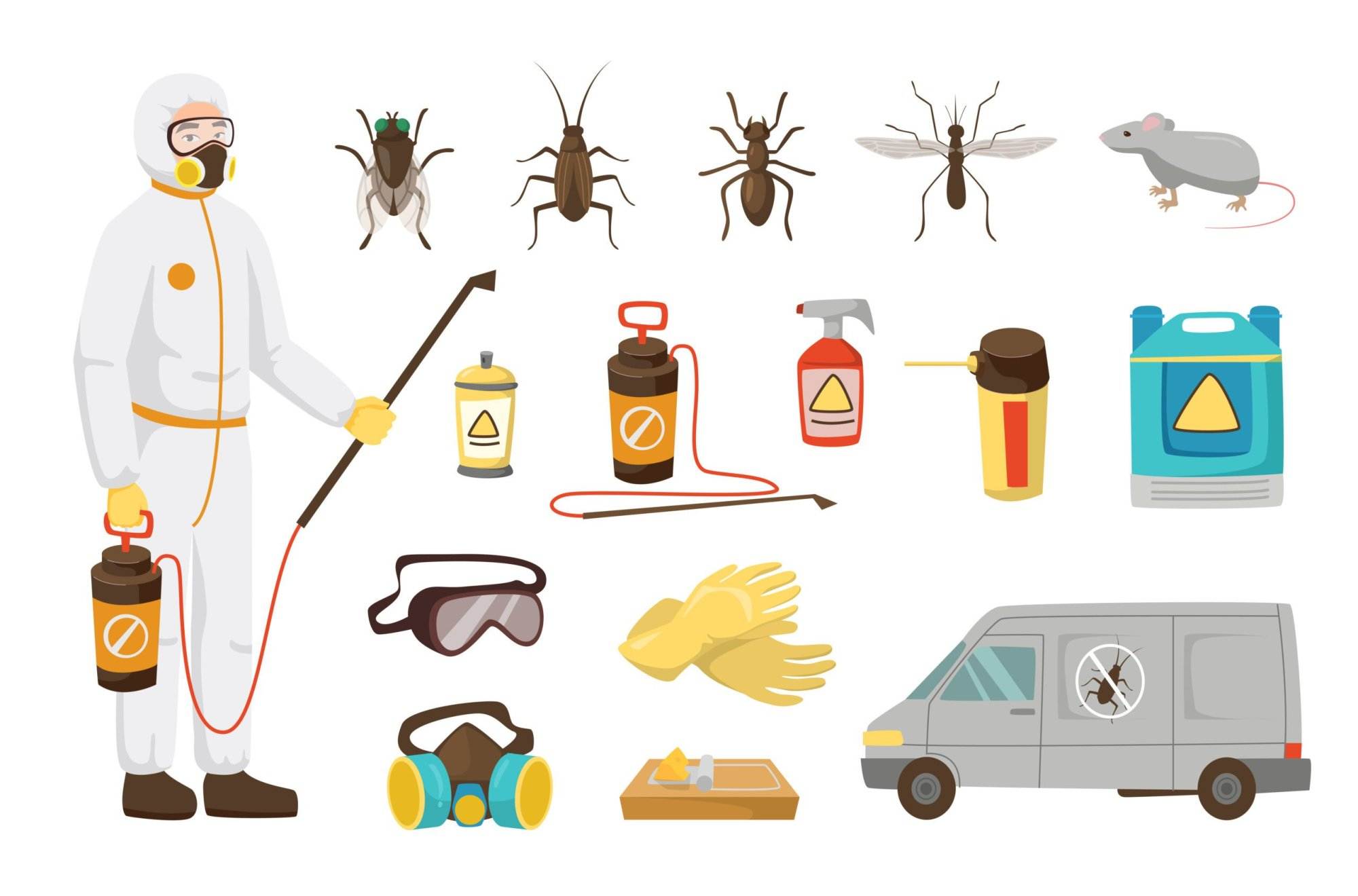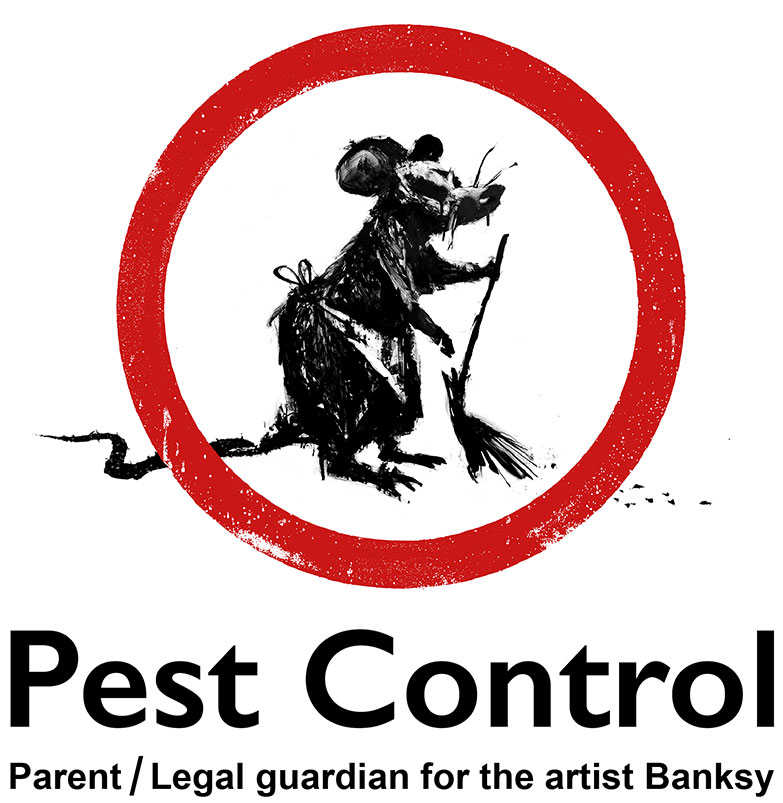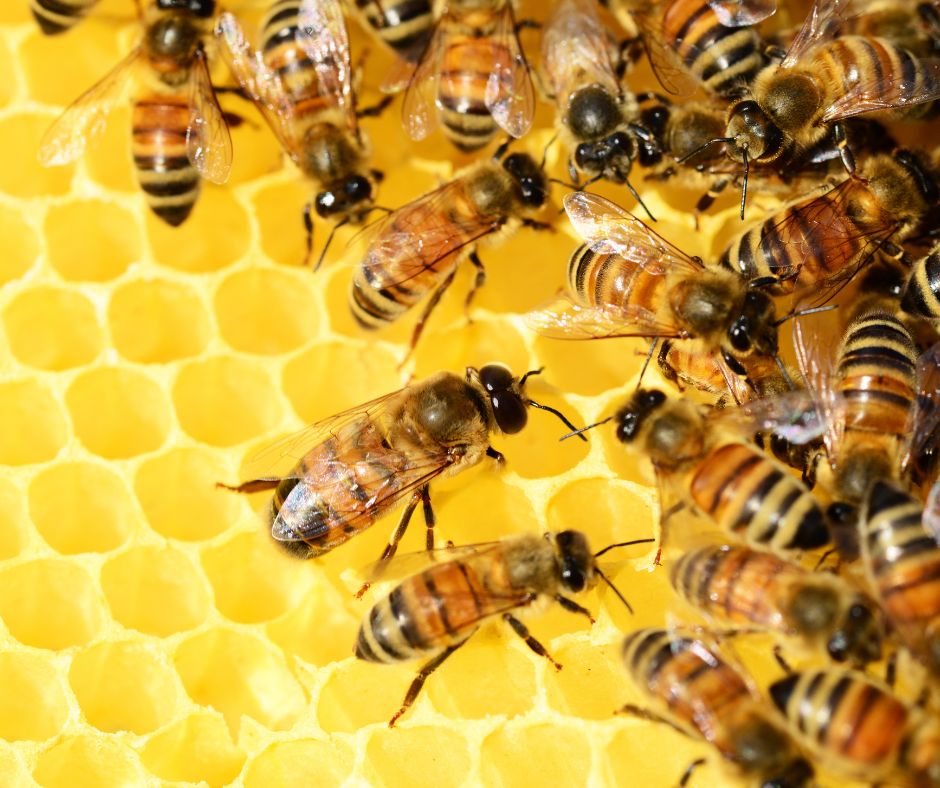Reliable Cockroach Exterminator Port Charlotte to Eliminate Infestations in Your Home
Uncover the Value of Insect Control in Preserving a Healthy Environment and Treatment Strategies

The Function of Insects in Communities
Parasites, typically viewed solely as annoyances, play a complex function in environments that is crucial for keeping ecological balance. They contribute significantly to various eco-friendly processes, including pollination, vitamins and mineral cycling, and insect control. For example, numerous insect types, such as butterflies and bees, are crucial pollinators for a vast range of plants, which in turn supports biodiversity and food production.
Additionally, parasites offer as victim for various killers, producing a crucial link in food webs. This connection ensures the survival of various types and helps manage populaces within environments (Termite treatment Port Charlotte). Moreover, decomposer bugs, such as particular beetles and fungis, are instrumental in damaging down natural matter, therefore enriching dirt and promoting nutrition recycling.
Alternatively, while bugs can be helpful, their overpopulation or intrusion right into non-native settings may interrupt these environmental functions. This complexity highlights the relevance of understanding insect dynamics, as reliable parasite monitoring techniques need to consider both their eco-friendly functions and potential influences on human activities. Stabilizing pest visibility while lessening damage is vital for preserving the stability of communities and making certain farming productivity.
Health And Wellness Dangers Connected With Bugs
The presence of parasites in numerous settings prolongs past their ecological functions, as they likewise posture considerable health threats to humans and animals. Many pests, including rats, insects, and bloodsuckers, are carriers of illness that can have severe health and wellness ramifications. Rats are known to transfer hantavirus and leptospirosis, both of which can lead to severe respiratory system and renal concerns, respectively.
Bugs such as insects and ticks are notorious for spreading vector-borne illness like malaria, dengue high temperature, and Lyme condition. These ailments can cause high morbidity and mortality rates, particularly in vulnerable populaces. Additionally, pests like vermins and roaches can aggravate allergic reactions and bronchial asthma, adding to respiratory system problems in people, particularly those with pre-existing problems.
Additionally, the existence of insects can lead to psychological anxiety and pain, affecting general health. Contamination of food and surface areas by bug droppings and remains can bring about foodborne health problems, highlighting the relevance of keeping sanitary conditions. Understanding the health risks associated with insects is critical in acknowledging the need of reliable insect management methods to guard animal and human health and wellness.

Benefits of Reliable Pest Control
Reliable bug control is crucial for maintaining a healthy and balanced and risk-free atmosphere, as it constantly reduces the various dangers linked with insect infestations. Among the primary advantages of reliable bug management is the reduction of health dangers. Insects such as cockroaches, insects, and rodents are vectors for conditions that can affect both pets and people. By regulating these populaces, the probability of disease transmission is considerably reduced.
Furthermore, efficient bug control safeguards home and structures from damage. Many bugs, like termites and carpenter ants, can trigger considerable structural damage that might call for pricey repairs. By proactively managing these problems, organizations and home owners can protect their financial investments.
One more substantial advantage is the enhancement of total lifestyle. A pest-free environment adds to mental wellness and reduces stress and anxiety related to invasions. Effective insect control cultivates a much safer environment for kids and pets, making certain that homes remain shelters cost-free from unsafe chemicals and disease-causing organisms.
Usual Bug Control Methods

In the realm of bug monitoring, different methods are utilized to battle invasions successfully. These strategies can be extensively classified into three primary methods: cultural, mechanical, and chemical controls.
Cultural control includes changing practices to decrease parasite survival, facility, and reproduction. This may consist of plant turning, appropriate sanitation, and environment control, which jointly develop a setting less conducive to pest proliferation.
Mechanical control utilizes physical methods to remove insects (Termite treatment Port Charlotte). Techniques such pest busters as traps, barriers, and vacuums are commonly made use of to straight remove parasites from a location. This technique is specifically reliable for taking care of rodents and insects without using unsafe chemicals
Chemical control involves the application of pesticides to take care of insects. These materials can be classified into insecticides, fungicides, and herbicides, each targeting specific types of bugs. It is essential to make use of these chemicals carefully, adhering to safety and security guidelines and laws to reduce prospective damage to non-target types and the setting.
Each insect control method has its restrictions and benefits, and typically, an integrated strategy combining multiple techniques yields the most effective cause maintaining a pest-free environment.
Sustainable Bug Monitoring Practices
Sustainable pest management methods encompass a series of techniques designed to decrease ecological influence while effectively managing parasite populations. These methods prioritize the usage of eco-friendly approaches over chemical pesticides, therefore lowering the risk of injury to non-target species, including advantageous pests, wild animals, and humans.
Integrated Parasite Monitoring (IPM) is a cornerstone of sustainable techniques, combining organic, cultural, mechanical, and chemical tactics to take care of bugs. As an example, biological control entails introducing natural killers or parasites to reduce pest populaces. Cultural practices, such as crop rotation and polyculture, interrupt pest life process and boost ecological community durability.
Mechanical methods, such as obstacles or catches, can effectively avoid bug accessibility without chemical treatment. Furthermore, maintaining healthy and balanced ecological communities via appropriate soil administration, plant wellness, and biodiversity can naturally mitigate insect issues.
Education and learning and his explanation awareness are crucial elements, equipping individuals and areas to acknowledge insect dangers early and implement safety nets. Termite treatment Port Charlotte. By promoting an all natural technique that balances parasite control with ecological honesty, lasting pest monitoring practices not only protect plants and frameworks yet likewise add to a much healthier atmosphere for future generations
Final Thought

Comprehending the go to the website health risks connected with bugs is critical in recognizing the need of efficient bug monitoring techniques to guard animal and human wellness.
Reliable parasite control is necessary for keeping a safe and healthy and balanced atmosphere, as it constantly reduces the countless risks associated with pest problems.Integrated Insect Management (IPM) is a cornerstone of sustainable techniques, combining organic, social, mechanical, and chemical tactics to take care of insects. By understanding the duty of pests, recognizing associated wellness dangers, and using diverse therapy techniques, a lasting method to pest monitoring can be accomplished. Integrated Insect Management (IPM) emphasizes a holistic method that alleviates injury to beneficial microorganisms while efficiently controlling insect populaces.